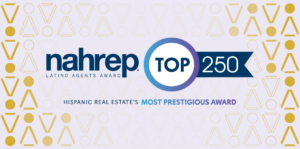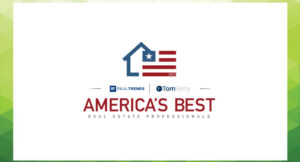As the news about the unprecedented fraud conducted by Jérôme Kerviel at Société Générale continues to unfold  before our eyes, it’s easy to chalk this up as perhaps interesting reading but something irrelevant to most of us. But the unfortunate truth is fraud is happening every day, to companies of all sizes, and in every industry.
before our eyes, it’s easy to chalk this up as perhaps interesting reading but something irrelevant to most of us. But the unfortunate truth is fraud is happening every day, to companies of all sizes, and in every industry.
The 2006 Report to the Nation on Occupational Fraud and Abuse is a sobering read. In it, the Association of Certified Fraud Examiners (ACFE) has compiled data from over 1,000 fraud cases covering every imaginable company. From it, I thought the following figures were particularly relevant to our industry:
- The median loss per scheme was $159,000. For small business (100 or fewer employees) the news was worse: $190,000 per scheme.
- 2.9{0a8e414e4f0423ce9f97e7209435b0fa449e6cffaf599cce0c556757c159a30c} of the cases were in the real estate industry, where the median loss per scheme was $200,000.
- The most common small business scheme was check tampering, which often happens when the person who makes the payments is the same one who records them.
- Most schemes went 18 months from the time fraud began until detection.
- Nearly 40{0a8e414e4f0423ce9f97e7209435b0fa449e6cffaf599cce0c556757c159a30c} of all cases involved two or more individuals. Median losses were almost five times higher when more than one person was involved.
So what can you do? For starters, here are 5 steps all firms should take:
- Screen job applicants. Run criminal checks, credit checks, and verify what’s on resumes (prior jobs, education, references, etc.). Take note however that although criminal checks of all employees is essential, the data shows that this is not the most important deterrent or detection method (as less than 8{0a8e414e4f0423ce9f97e7209435b0fa449e6cffaf599cce0c556757c159a30c} of all cases were perpetrated by individuals with prior criminal records).
- Establish an anonymous reporting line. Most small companies wouldn’t ever consider having a 1-800 number to report fraud. But perhaps all owners should now be asking themselves whether or not they have an ethics policy. Every company, regardless of size, should have an ethics policy (for a free guide, click here) and a confidential manner for employees to report violations. Fraud should be a part of this. The data shows that the most common method of detecting fraud was through tips and that companies with hotlines had median losses of $100,000 while going 15 months from beginning to detection. These figures are markedly better than the averages without hotlines. Unfortunately, less than 10{0a8e414e4f0423ce9f97e7209435b0fa449e6cffaf599cce0c556757c159a30c} of all businesses have anonymous fraud reporting systems.
- Establish controls. Corporate and accounting controls aren’t just for the big players. Either sign all checks yourself or require that all checks over a certain amount be approved by at least two people. Avoid check tampering by separating duties. Never allow the same person who writes the checks to be the one recording them.
- Regularly review all vendor and provider rolls. Uncover fictitious vendors by looking for unfamiliar names or acronyms. Verify addresses (be especially watchful for any post office boxes). Research and cross-reference tax ID numbers.
- Train your employees. Tell them of your ethics code and how to anonymously report violations. Make sure they know what to look for. For information on self-study courses, go to the American Institute of Professional Bookkeepers site and click on Continuing Education.
Unfortunately, I’m only scratching the surface. I have on my desk the very ominous-sounding ACFE Small Business Fraud Prevention Manual that I will study cover to cover. I know our future affiliates will expect as much of us.





